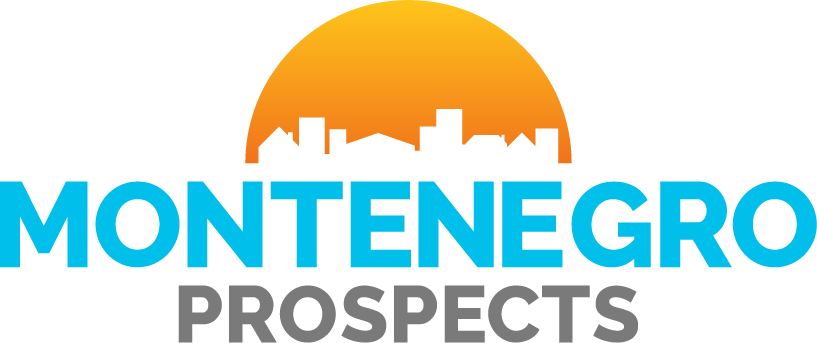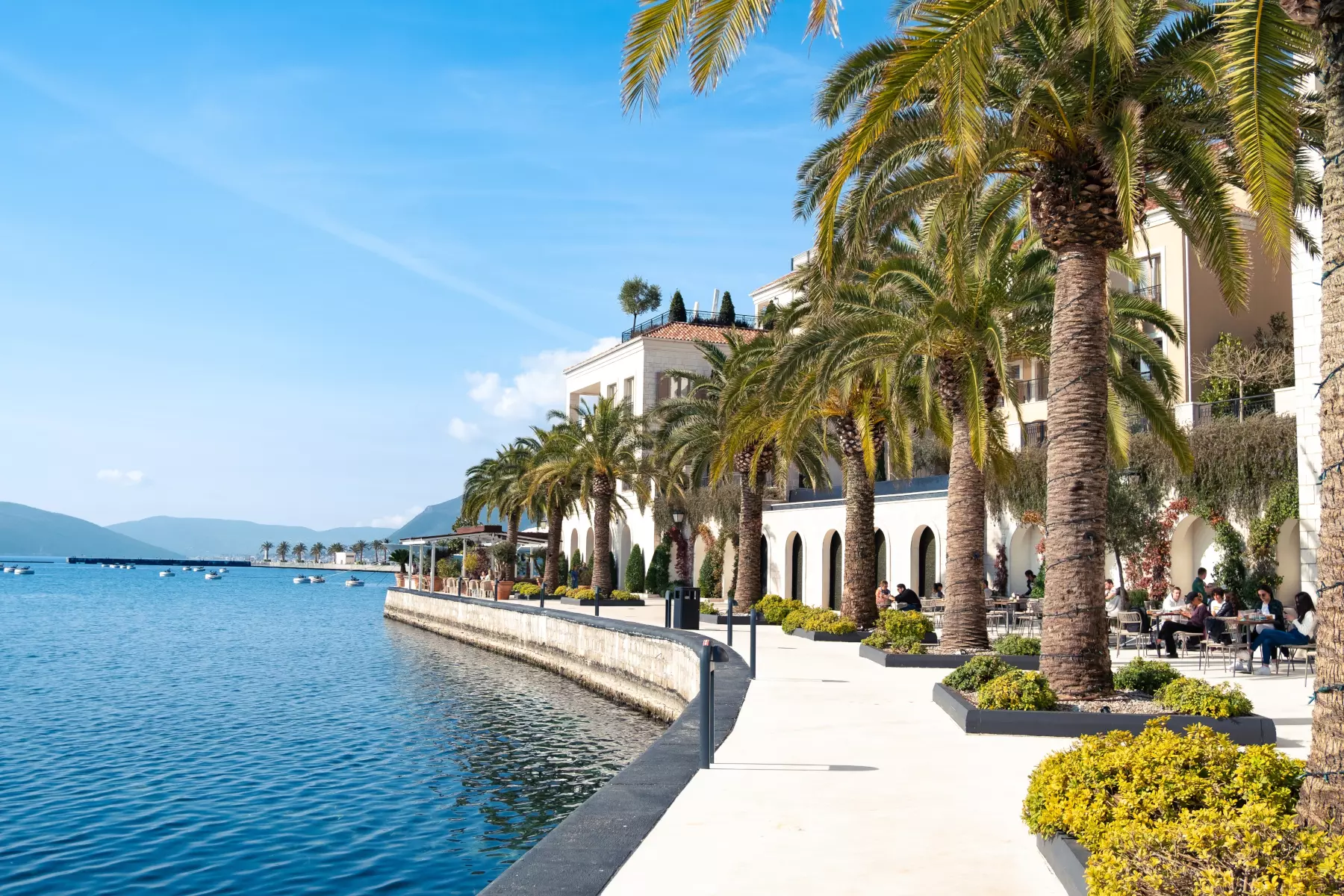Apartment Amenities: Your Ownership and Use Rights Explained
You've purchased an apartment in a complex with a swimming pool, or considering investing a significant amount in a apartment with a garage or a green garden, but you're uncertain about your exact rights concerning these amenities?
The question is becoming increasingly common in legal practice, and there's no simple answer.
Montenegro's real estate market is constrained by space and land as a limited resource, so, logically, a substantial portion of purchases involves apartments. Equally logical is the fact that, when choosing an apartment to buy in Montenegro, a significant part of the decision hinges on the amenities the building offers, such as parking, gyms, pools, and courtyards.
It's expected that when making such a decision, a foreign citizen who invests significant funds in the purchase of such a property will ask themselves: "What guarantee do we have that I will be able to use that space for an indefinite time, and that it will be maintained and suitable for use?"
Ownership of common areas
All the mentioned amenities in Montenegrin law fall under what's known as "condominium ownership" which is defined by the Law on Property Relations. Article 171 of this law states that, on an urban plot where a residential building is constructed, owners of separate units have common undivided ownership.
This means that when you buy an apartment, you become a condominium owner because you own a part of the residential building. The law then presumes that you also own the urban plot, or a portion of the land on which the building is situated, along with all associated areas. Additionally, as per Article 161 of the same law, you are the owner of all common areas of the building (entrances, hallways, roofs, etc.).
However, this ownership isn't solely yours; it's shared among all residents, and you can't enjoy any ownership rights, other than everyday use, without the consent of other residents.
Nonetheless, even though this is a legal presumption, your ownership isn't automatically registered in the land registry. You must submit an application to the competent authority, the Cadastre Administration, citing the aforementioned law. In practice, it often happens that the investor, after constructing the building and registering residents' rights, remains the landowner. Therefore, to secure your rights, it's necessary to file the appropriate request after purchasing an apartment.

What are investors' rights on the land?
However, an obstacle to this could be the investors' rights on the land. For instance, if the investor built a pool or garages, and registered them simultaneously as auxiliary facilities on the urban plot, the mentioned legal provision might not apply.
Therefore, before purchasing an apartment, especially if you're considering it due to amenities beyond the apartment itself, it's advisable to conduct thorough due diligence and check the following:
- Are the amenities offered part of the project for which construction works were reported to the relevant authorities?
- What is their urban and legal status (i.e., whether they are designated as a separate facility, which would mean they will be registered in the investor's name, or if they are merely part of the urban plot development)?
- If the former case applies, how does the investor plan to provide you with the right to use these amenities? Are they mentioned in the apartment purchase agreement?
Rights and responsibilities
Apart from these questions, it's essential to note that condominium ownership, i.e., ownership of an apartment and a part of a residential building, comes with responsibilities. These are realized through participation in the so-called assembly of residents, which appoints a manager and handles the maintenance of common areas.

Boris Adzic
Attorney at law
Partner at law office
"HB Legal"

